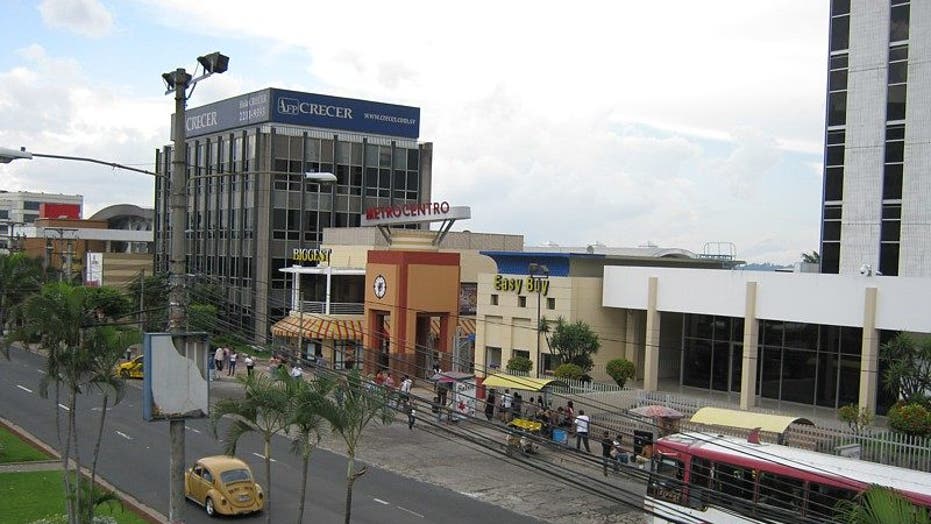Recent news stories have brought attention to Mexico's open street markets and their struggle to survive against modern American-style grocery stores. Reading these articles reminded me of an identical battle I saw being waged on a recent trip back to El Salvador. The similarities in direction between the two countries made me wonder if this is happening throughout Latin America, or even globally, and what that means culturally.
When I returned to El Salvador this past summer, for the first time in 10 years, I went expecting things to be relatively the same – I wanted to see kids playing soccer in the streets, artisans practicing their trades, and street vendors crowding the sidewalks. I wanted to hear cumbia music coming from passing cars and buses, and hear the lady who used to call out "Quesadillas!" in a sing-song voice, early in the morning as she passed through the neighborhood with a brightly-colored plastic washtub full of homemade breads balanced atop her head. I wanted to eat pupusas at a "comedor" – the casual little restaurants people set up in the enclosed patios attached to their homes.
What I found in El Salvador instead was shopping mall after shopping mall –Multiplaza, Las Galerias , La Gran Vía, Metrocentro, even a WalMart. "Modern, like the malls in the United States," locals would tell me proudly, and they were right. These were beautiful, modern malls and stores where, for a price, one could buy anything you buy here in the United States.
And after so much shopping, why not stop for lunch? Choices included Pizza Hut, Tony Roma's, KFC, Wendy's, McDonald's, Burger King, Papa John's, Quizno's, Subway, TGI Friday's, and Little Caesar's.
Instead of cumbia, or even Spanish-language music of any genre, most cars drove by blasting American pop, rap, rock or oldies. Modern movie theaters were showing "Harry Potter," "The Smurfs," and "Captain America." Teenagers insisted on wearing obviously branded American clothing and shoes, turning themselves into walking billboards for Nike, Aeropostale, and Polo Ralph Lauren as they updated their Facebook status on their cellphones.
The woman who used to sell quesadillas? I don't know what happened to her… besides, you can buy pre-packaged quesadillas at the grocery store.
After a Salvadoran friend told me how little money she makes at her job, I asked how families in El Salvador could afford the standard of living they seem to project. "Credit," she told me. "Also, some people prefer to buy nice shoes and eat beans for breakfast."
As much as I tried to turn my back on the shopping malls of San Salvador and seek out the open markets I remembered so fondly, always a Pizza Hut or Wendy's sign would loom on the horizon, reminding me that El Salvador had changed – and continues to do so at a rapid pace.
These changes worry me. I'm not an economist so I can't say what the future holds in that respect – but what some may see as modern advancements, I see as culturally damaging. Not only are an increasing number of people now being forced to wrestle with the personal discontent that comes from always wanting more than you have, but something is being lost along the way – and that loss may very well prove to be permanent.
Tracy López is a bilingual writer living outside the Washington DC metro area. She is the founder of Latinaish.com.
Follow us on twitter.com/foxnewslatino
Like us at facebook.com/foxnewslatino









































